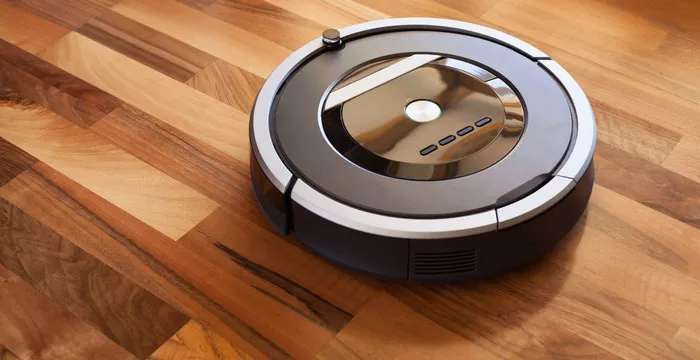When we discuss the noise emitted by household appliances, especially vacuum cleaners, we delve into the realm of decibels (dB). Decibels serve as the standard unit for measuring sound intensity, reflecting the human perception of loudness. However, noise isn’t merely an inconvenience; it’s a form of pollution that can impact our health and overall comfort. Excessive noise levels have been linked to stress, hearing loss, and even cardiovascular problems. Therefore, understanding and managing vacuum cleaner noise becomes pivotal for creating a harmonious living environment.
Average Decibel Range for Vacuum Cleaners
The typical decibel range for vacuum cleaners varies based on several factors. Generally, vacuum cleaners emit noise ranging from 60 to 85 decibels during operation. However, this range can fluctuate depending on the type of vacuum, the power of its motor, and the inclusion of noise reduction technologies.
Comparative Analysis
Different types of vacuum cleaners exhibit varying noise levels due to their design and mechanics. Upright vacuum cleaners, for instance, often tend to be louder than their canister counterparts. This disparity primarily stems from the placement of the motor, with upright vacuums typically housing the motor closer to the user’s ears.
Factors Affecting Noise Level
Several factors influence the noise level of a vacuum cleaner. The power of the motor plays a significant role, as higher wattage motors tend to produce more noise. Additionally, the airflow design within the vacuum and the presence of sound-dampening materials can impact noise output. Manufacturers employ innovative techniques such as strategic motor placement and the integration of noise-absorbing materials to mitigate vacuum cleaner noise.
Quiet Vacuum Cleaner Options
For users prioritizing a tranquil cleaning experience, numerous vacuum cleaner models and brands offer quieter operation. These vacuums often feature insulated motors, advanced airflow management systems, and sound-absorbing materials. Some models even boast variable speed settings, allowing users to adjust the noise output based on their preferences and cleaning needs.
Tips for Reducing Vacuum Cleaner Noise
To further minimize vacuum cleaner noise, users can implement practical strategies during operation. Vacuuming during off-peak hours can reduce disturbance to household members or neighbors. Investing in noise-reducing accessories, such as mufflers or soundproofing mats, can significantly dampen noise levels. Additionally, adopting vacuuming techniques that prioritize efficiency and gentleness can help mitigate noise without compromising cleanliness.
User Experience
Real-life testimonials and user reviews offer invaluable insights into the noise levels of various vacuum cleaner models. Users sharing their firsthand experiences provide prospective buyers with a practical understanding of what to expect in terms of noise output. These testimonials serve as a guide for individuals seeking quieter vacuum cleaner options tailored to their specific needs and preferences.
Conclusion
In conclusion, the noise level of a vacuum cleaner is a crucial consideration for maintaining a peaceful and comfortable living environment. By understanding the factors influencing vacuum cleaner noise and exploring quieter options available in the market, users can make informed decisions that align with their preferences and lifestyle. Prioritizing noise reduction not only enhances cleaning experiences but also contributes to overall well-being. Remember, a quieter vacuum cleaner leads to cleaner spaces and happier ears.

